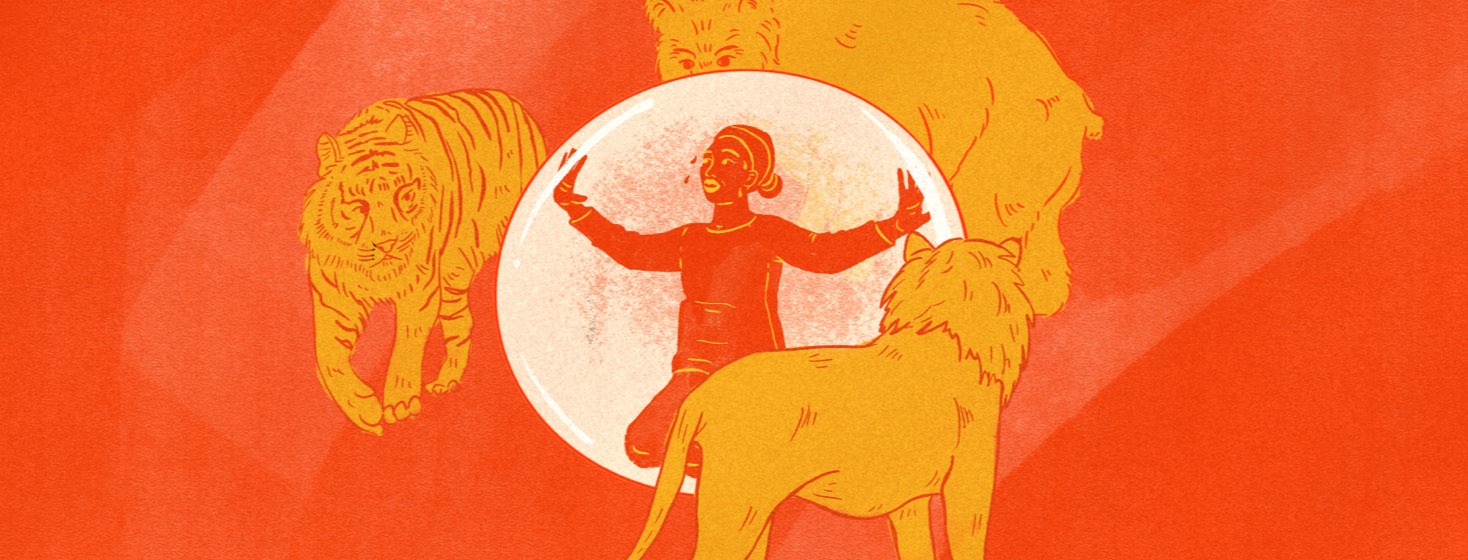It’s a Catastrophe! Tips to Manage Catastrophizing With Insomnia
Life is never simple. Sometimes it cruises along quite nicely and it’s then that we must remember to live in the moment and hold onto the good times. Because sometimes – in the blink of an eye – life changes. Sometimes those changes are enormous and sometimes they’re small. But either way, 1 moment you’re washing dishes, and the next moment everything changes. Here are my tips to manage catastrophizing with insomnia.
What is catastrophizing?
Catastrophizing, or assuming the worst will happen, is 1 of my specialties. I’m very good at it. I’ve had my life change in the blink of an eye. I know what it’s like and that it can happen to me. As a result, I find myself imagining a whole pile of other blinks. I’ve lived through a lot of disasters that have never happened.
We all have things we fear but some of us catastrophize more than others. Maybe because we have a propensity towards anxiety. Maybe because we know bad things don’t just happen to “other” people. Maybe both. But either way, catastrophizing is exhausting and has a negative impact on sleep. When you don’t get enough sleep everything is worse – a vicious cycle.
Learning to cope
I’ve spent many years in psychological therapy and my life is currently cruising along quite nicely. But when the proverbial hits the fan, I crack out the tools in my trusty toolbox so life no longer feels unmanageable.
Like most skills, learning to cope with catastrophic thought patterns needs to be practiced. And it needs to be practiced when things are going well because when things go badly, it’s very hard to think of self-help strategies.
It helps to have labels for emotions; and, catastrophizing is no different. If I find myself picturing worst-case scenarios, I acknowledge I’m going over the top with my thinking, and that logic isn’t in residence right now. Trying to tap into rational thinking is helpful, particularly at night when I’m trying to sleep. Rational thinking is much more calming.
Tips to manage catastrophizing with insomnia
Journaling
My favorite strategy is journaling. It’s not for everybody but it helps a lot more than most people realize. Writing everything down gets the thoughts out of my head. It lets me acknowledge them, think them through, and then move on.
Some people use other creative outlets such as painting, music, or dance to express themselves. But for me, writing is the best. It doesn’t have to be good and nobody reads it. It’s just a way to get thoughts from the inside to the outside. When life is unmanageable, I always journal right before bedtime.
Scheduling worry time
A technique I’ve not had much success with is postponing worry. I’m prone to being impulsive and in the moment. But for some people, scheduling worry time is helpful.
I know people who successfully dedicate time to sitting down and worrying about worst-case scenarios, then pack up the worry and leave it until tomorrow. During that time, they go through all the scenarios and coping strategies they might need to use – a kind of problem-solving an as-yet, non-existent problem.
Problem-solving
I do use problem-solving as a technique. I imagine how I’ll cope, what I’ll do, and how I’ll feel. How things will get better. I brainstorm all the ideas for managing worst-case scenarios and then I brainstorm all the other possible outcomes, including best-case scenarios.
I try to challenge the worst anxieties with logic – statistically worst outcomes are unlikely and worrying about things that haven’t happened creates problems. I have internal conversations where I ask myself if my thoughts are true.
Conversations with friends
I also have trusted people I talk to who help me balance the scales and put reality into perspective. A long debrief with a good friend is very calming.
Acceptance
But by far and away, the most useful thing I’ve learned is acceptance. There are loads of things in life we have no control over and it’s my job to make changes when I can and accept the inevitable when I cannot.
I’ve learned acceptance by challenging thought patterns, problem-solving the living daylights out of life, and then practicing relaxation and meditation when there’s no more solving to be done. Self-care is really important – eat well, move well, and sleep well. Sleep is problematic because we cannot always choose to sleep, but we can choose to rest both the body and the mind.
Distraction
Distraction is the last practical tool I use. Either with meditation apps or just good old-fashioned television, work, or exercise. Anything that uses up mental energy and leaves no time to worry. The worry comes back later, but the respite is helpful.
Do you worry excessively?
Difficult things happen in life. Some of you may be blessed with a natural calm. But many people who experience insomnia find themselves worrying excessively. If that’s you, I’m sorry life is difficult. I hope you can find techniques that bring you a little bit of mental peace.
How does catastrophizing impact your insomnia? Do you have any special tips to manage catastrophizing with insomnia? Please share your story or comment below.

Join the conversation